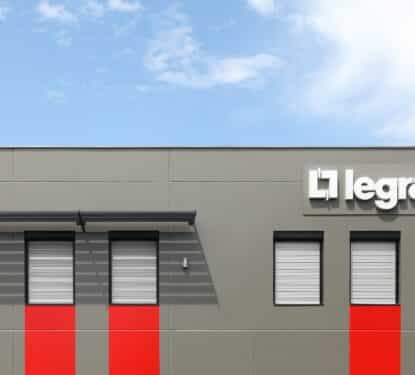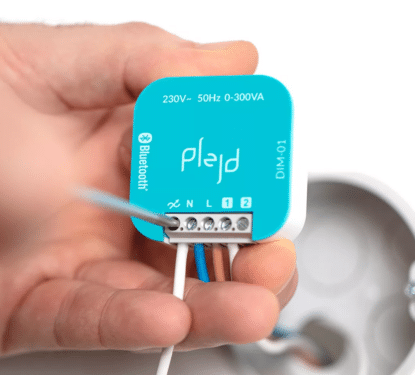The future of our energy system is distributed and complex. Made up of billions of endpoints - microgrids, renewable energy, smart buildings, appliances, sensors and energy management software - interacting with one another in multiple ways. The future of energy involves consumers and prosumers, it handles fluctuating renewable energy sources, utilizes energy storage, and it is made up of smart “things” in a process of constant communication and optimization. In this energy future, it is essential to create a secure system that can verify autonomous transactions in real-time across these nodes as market conditions change.
After one of the first unbiased, major comprehensive reviews of blockchain, the researchers concluded that the technology is “actually delivering on its promises in a number of areas directly related to energy.” The scientists, from Heriot-Watt University in Scotland, found that blockchain could “further facilitate smart grid applications and decarbonisation of the energy sector.” The news should be well received to all stakeholders in the energy system, except perhaps those still holding on to centralized energy ambitions.
“Blockchains are often described as holding the promise of enabling a more decentralised, transactive energy system. If we can enable energy generation and use them at a local level, this could allow system operators to reduce expensive network reinforcements, as well as make local communities more energy self-sufficient and resilient to outside shocks in power supply,” says Dr Valentin Robu, associate professor at Heriot-Watt University.
Blockchain is essentially a distributed ledger, where a continuously growing list of records, called blocks, are linked and secured across a broad network. Once recorded, the data in any given block cannot be altered retroactively without the alteration of all subsequent blocks, which requires collusion of the network majority – making it very difficult to corrupt or manipulate data once recorded. Blockchain therefore allows secure transactions to take place transparently and in an instant.
The smart grid covers a broad spectrum of technologies that have helped bring about greater efficiency, visibility and intelligence. This evolution has facilitated the greater incorporation of renewable and distributed energy, as well as placing the first stepping stone towards prosumer culture. Now blockchain promises to turbo-charge the grid’s smart evolution while offering a range of new power system opportunities only possible in blockchain’s climate of transparency and trust.
Follow to get the Latest News & Analysis about Smart Buildings in your Inbox!
“In energy applications, blockchains are often deployed in combination with artificial intelligence (AI) techniques such as multi-agent systems and machine learning, which enable smart micro-contracts and local energy exchanges. This can potentially enable building systems and energy service providers to identify consumer energy patterns and develop energy products tailored to the needs of individual consumers,” explained Robu, who was part of the research team.
The paper discusses both the technical issues surrounding blockchains, but also reviews more than 140 start-ups or running projects, investigating how this rapidly evolving technology is delivering on its promises in many areas directly related to energy. The researchers argue that as new technology forces us into the data age, the need for more secure systems of exchange will be unavoidable, and blockchain seems to top the list of solutions.

“Energy systems are on the brink of entering the digitalisation era as more and more homes install smart meters and smart devices, and system operators increasingly adopt information and communication technologies (ICT),” says Merlinda Andoni, a research associate from Heriot-Watt University and lead author of the paper. “Blockchain could potentially be used for automated and secure communication of such smart devices that would further facilitate smart grid applications and decarbonisation of the energy sector.”
The researchers warn, however, that blockchain technologies will need to address several significant issues before achieving more substantial adoption. These include legal and regulatory challenges, security and scalability of computation, as well as concerns surrounding privacy. Other emerging issues in transactive energy models refer to the need for accounting the costs for managing the physical infrastructure and guaranteeing system stability and the role that system operators will play in a more decentralised energy world.
Nevertheless, the researchers and many in the industry believe that blockchain can overcome these concerns and still offers the most promising solution to managing and recording the data exchanges that will underpin the future energy system among other things. In our emerging data age, blockchain might just be the “missing link” to a decentralized, CO2-free energy future.
“The first generation brought us the Internet of information. The second generation, powered by blockchain, is bringing us the Internet of value, a new, distributed platform that can help us reshape the world of business and transform the old order of human affairs for the better,” wrote Alex and Don Tapscott, authors of the 2016 book Blockchain Revolution. “But like the Internet in the late-1980s and early-1990s, this is still early days.”



